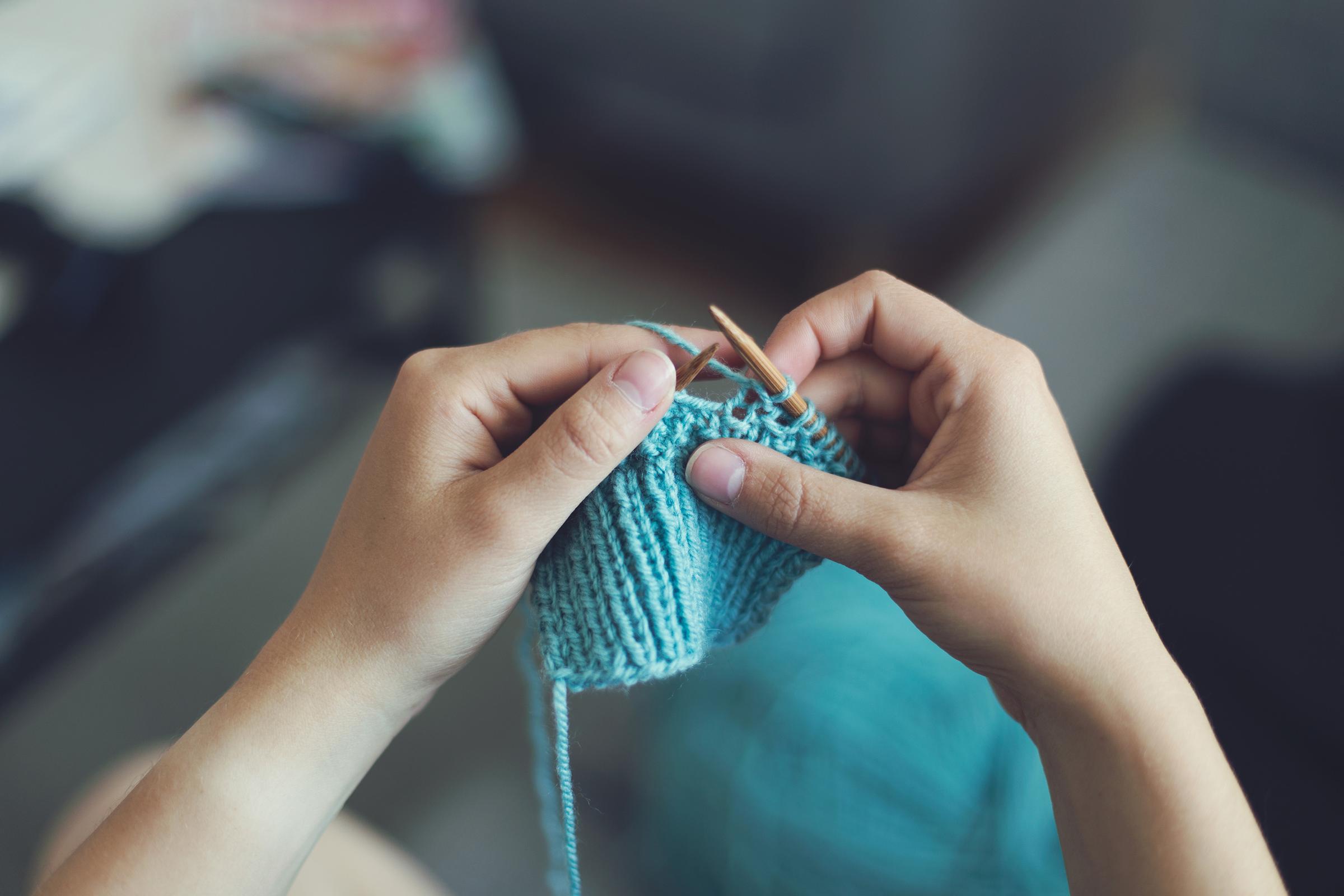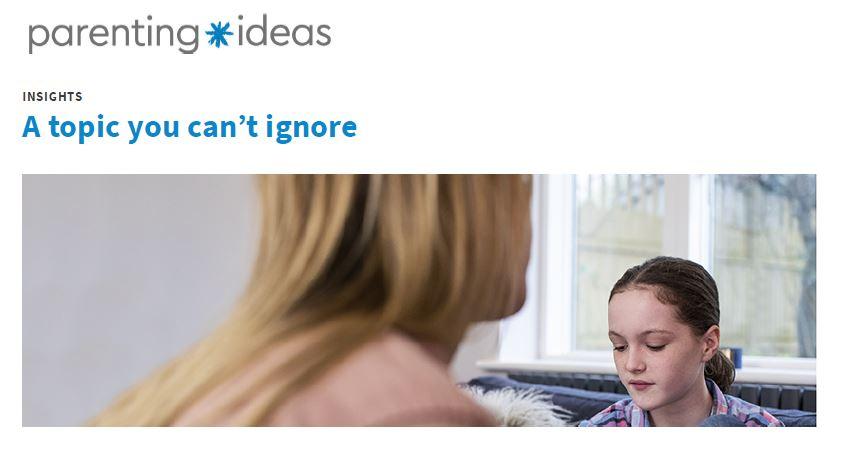Wellbeing
One in seven children and young people experience a mental health issue each year and half of all mental health disorders emerge before the age of 14.
Schools have an important role in student wellbeing and mental health.

Wellbeing
One in seven children and young people experience a mental health issue each year and half of all mental health disorders emerge before the age of 14.
Schools have an important role in student wellbeing and mental health.
This week we saw an inappropriate video live-streamed across the world via social media, and then later embedded into seemingly kid-friendly videos, has many families searching for ways to ensure their child's online safety. We recommend following safeonsocial.




Got kids in primary school or even younger? Chances are you've already had a moment of parental panic when they came across something online that wasn't made for young eyes.
Perhaps your daughter came across an explicit photo on Instagram. Maybe you found your son watching YouTube footage from a terror attack. Or it could be that your kids were exposed to Reddit threads with racial profanities, websites showing photos of self-harm, or pornographic videos.
Try as you might to filter out inappropriate content on the devices your children use, there's no escaping confronting or inappropriate content in today's internet-saturated world.
As a spokesperson for the Office of the eSafety Commissioner tells ABC Life: "When it comes to our kids being exposed to disturbing or inappropriate content online, unfortunately it's not a matter of 'if' but 'when'."
So what can you do as a parent when your kid comes across something really inappropriate - and you're worried it could actually cause harm?
Please click here to access the ABC Life article in full.
Parenting Ideas is step up to help people successfully raise confident, happy and resilient kids.
It connects parents and educators to expert child development knowledge through first class digital channels and accompany it with a genuine human interface to make parenting support more accessible and impactful.
This weeks topic focuses on encouraging children and young people to develop relationships based on mutual respect and equality.




Children learn about:
If you would like to nominate your child to participate in the Peaceful Kids program, or would like further information, please contact Sally Macey at smacey@arm.catholic.edu.au


Due to this weeks athletics carnival, peer support will not be conducted.
However, next Friday 18 September, the session will look at Session 5 - Knowing your rights.
Purpose: To assist students to recognise bullying and know what to do to address it. This session looks closely at the rights of each individual in relation to bullying and harassment. It looks at a range of techniques to support those being bullied and encourage them and the bystanders to take action.


The Rural Parenting Resilience Program (RPRP) is a free and flexible parenting support program developed by Centacare New England. They assist and support parents and carers by working with them to enrich their well-being, skills and parenting practices.
How children understand and express emotions impact all aspects of their life, especially their ability to learn and maintain friendships. This term we focus on strategies and skills to help children regulate their emotions. The Term 3 Newsletter which outlines Emotion Coaching – Skills for Parents Emotion Coaching – Skills for Parents.
For more information click on the this link .